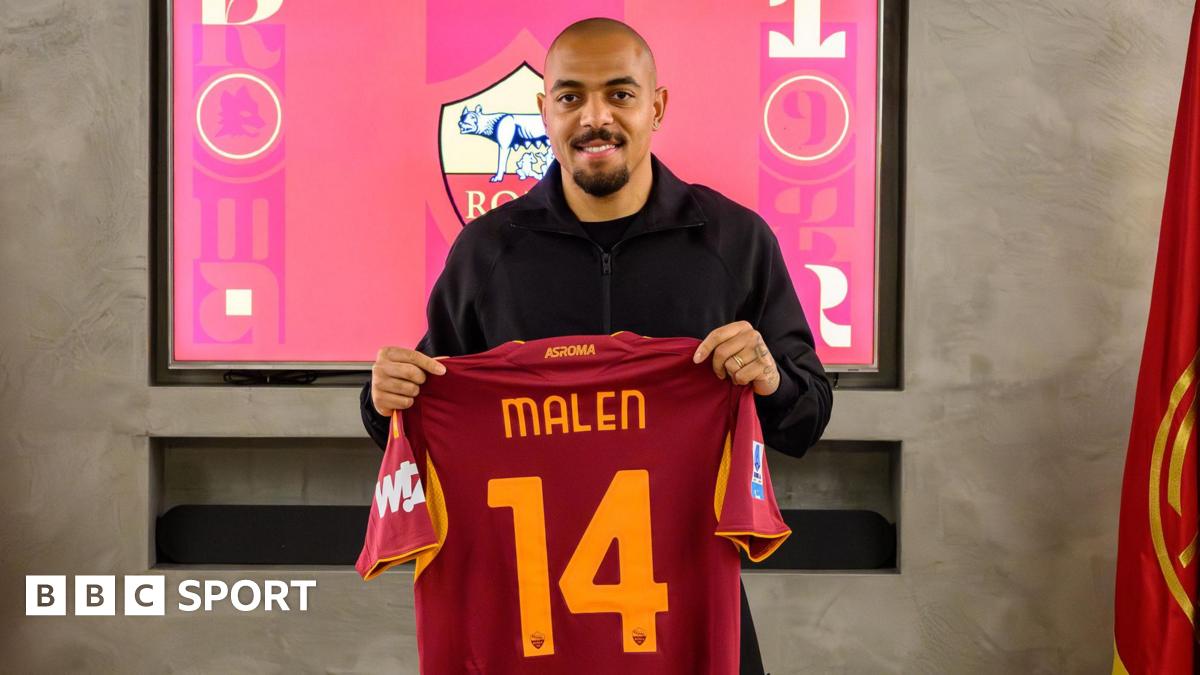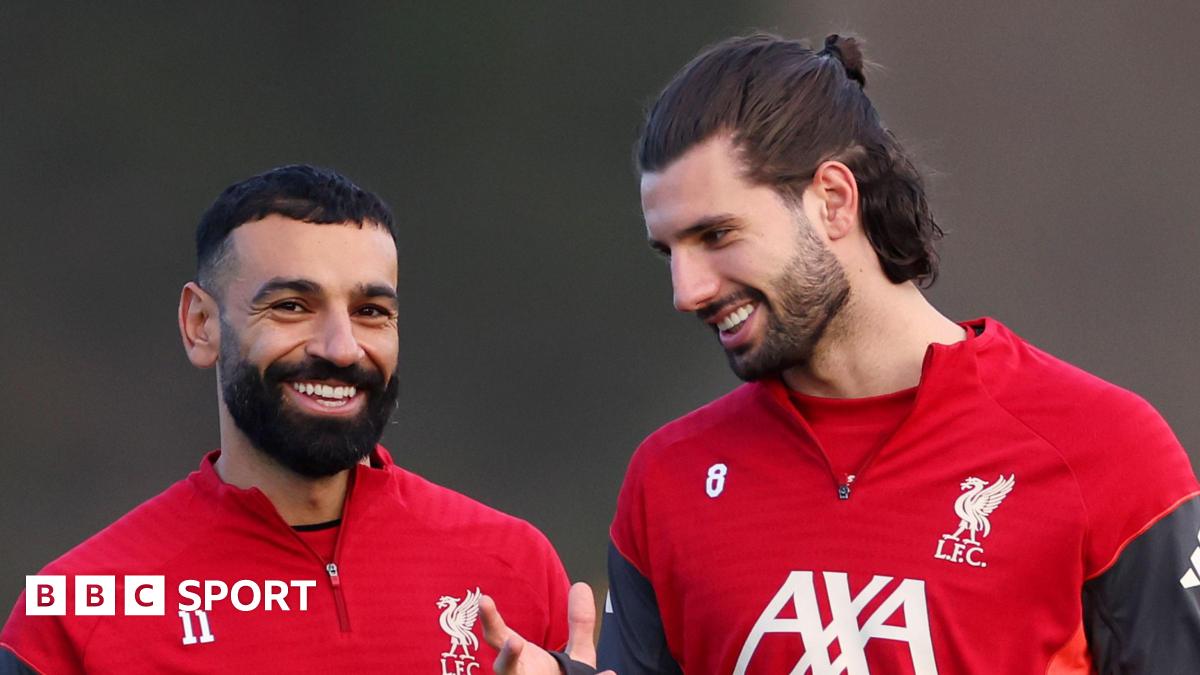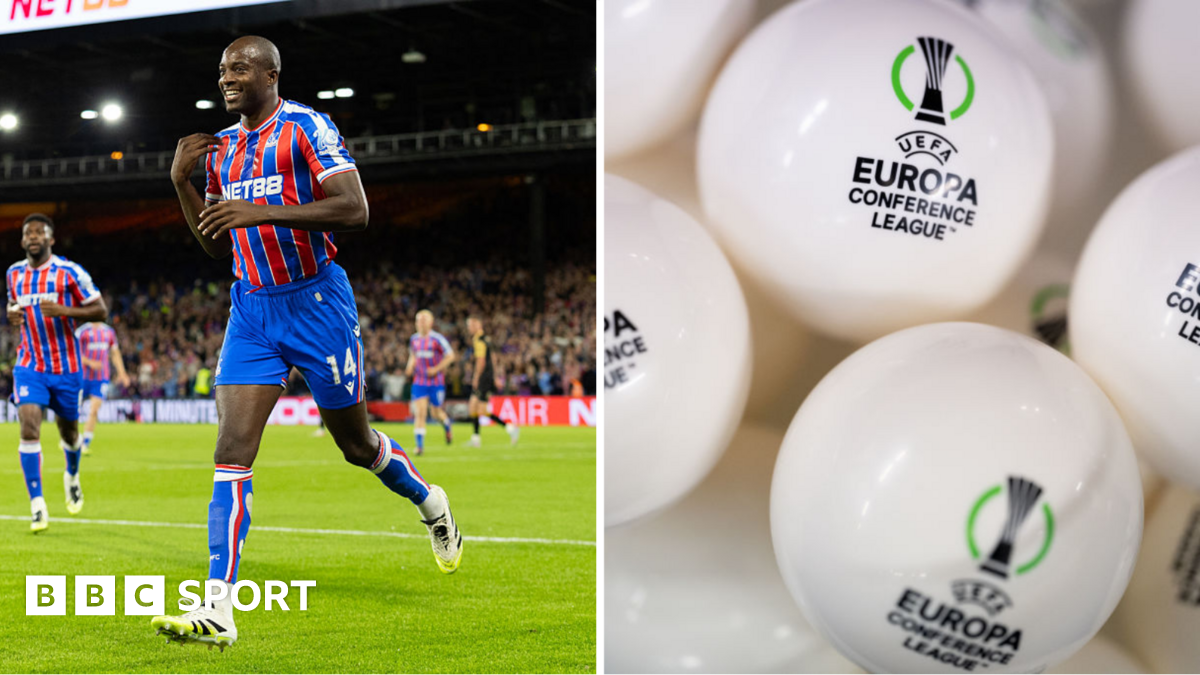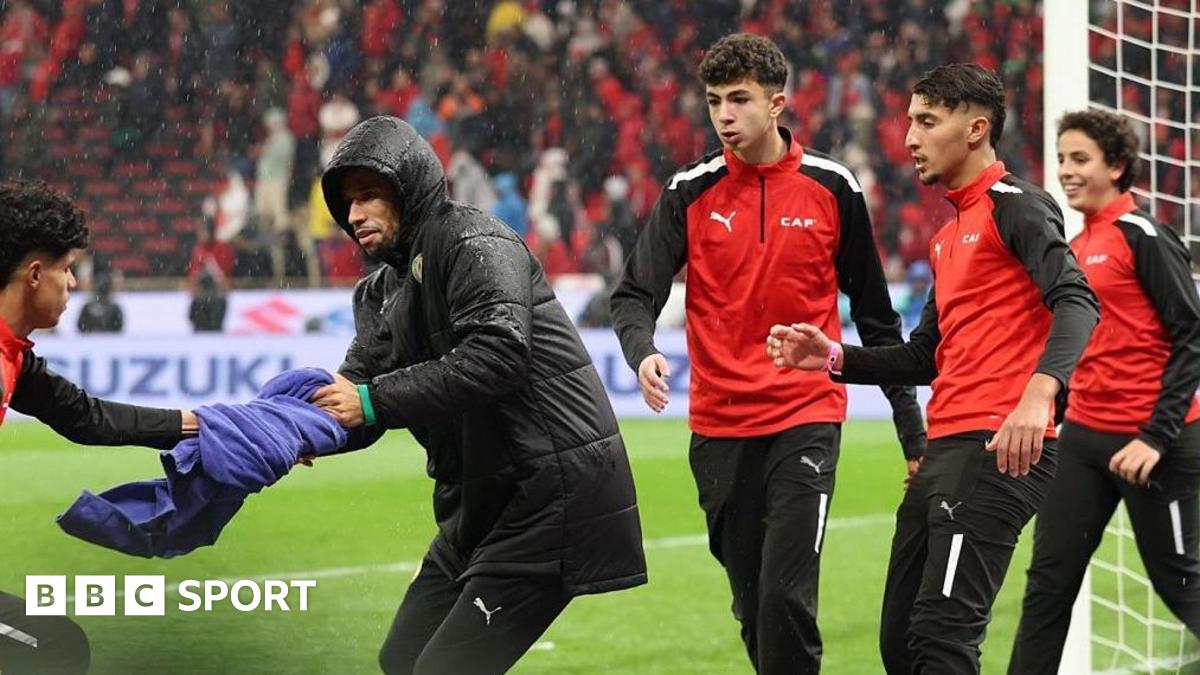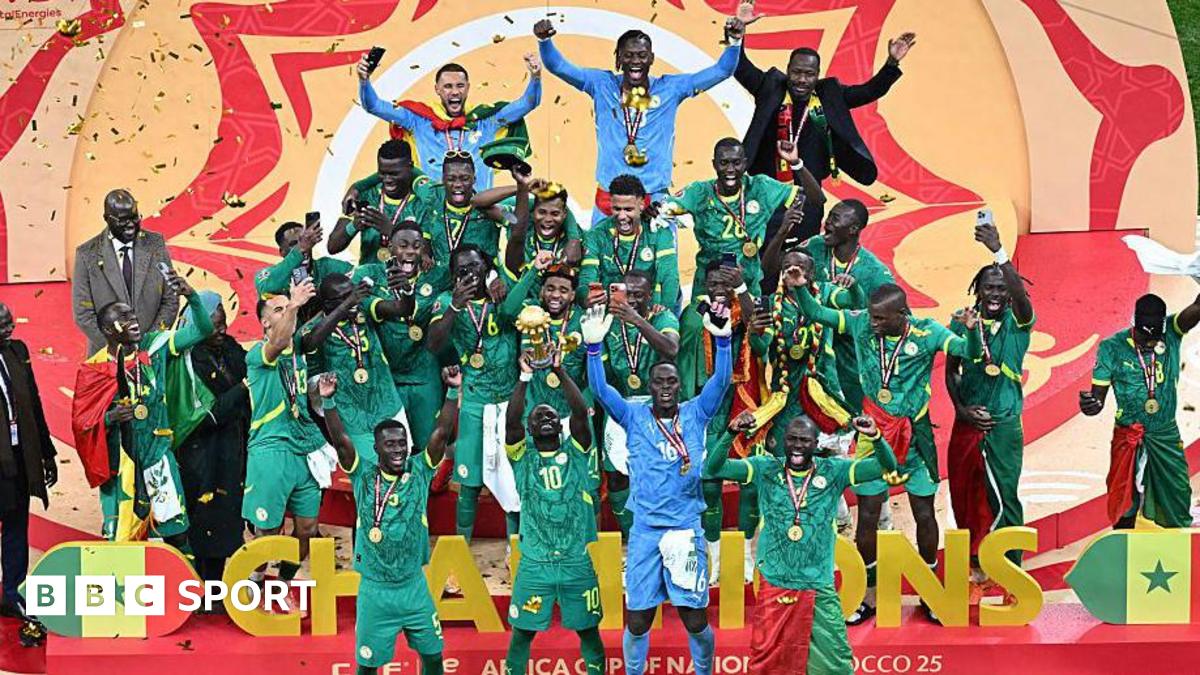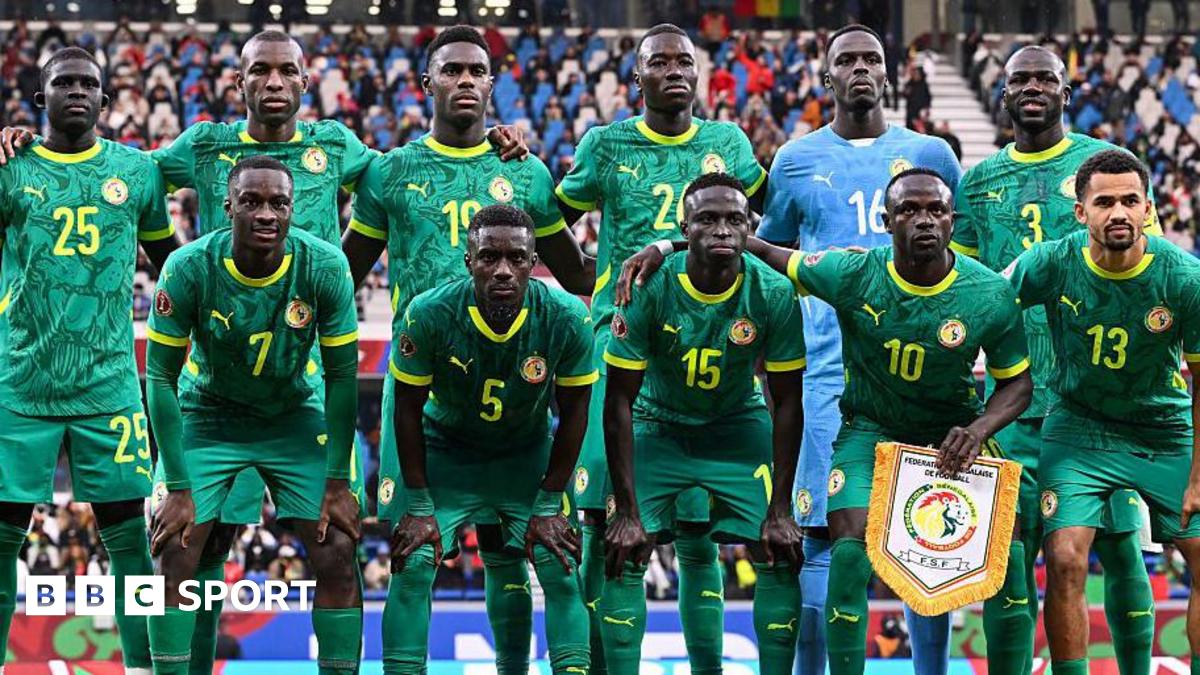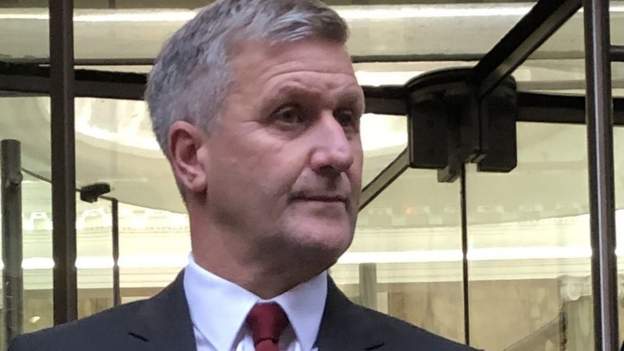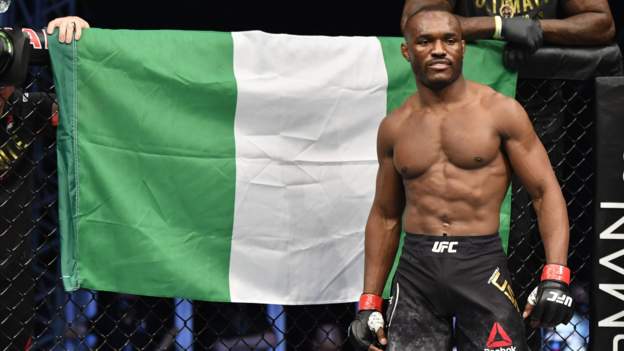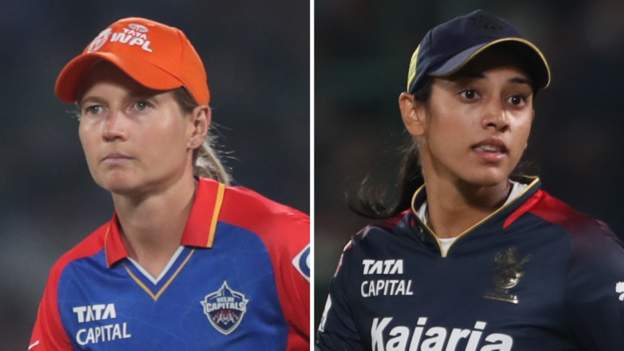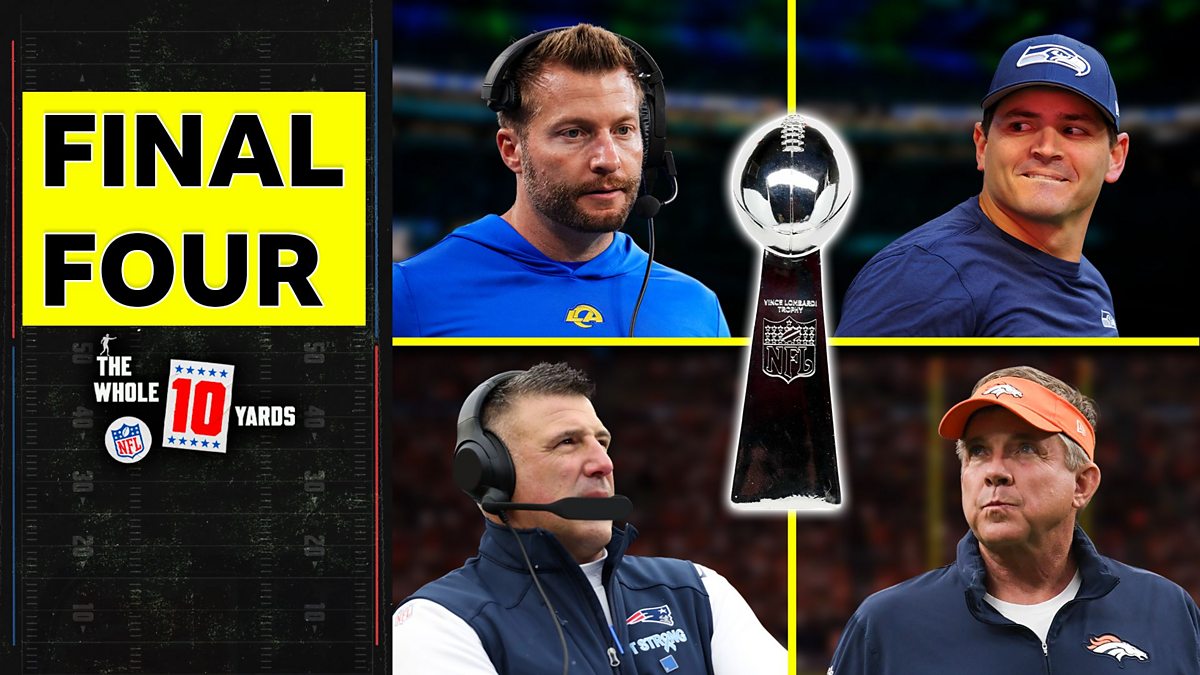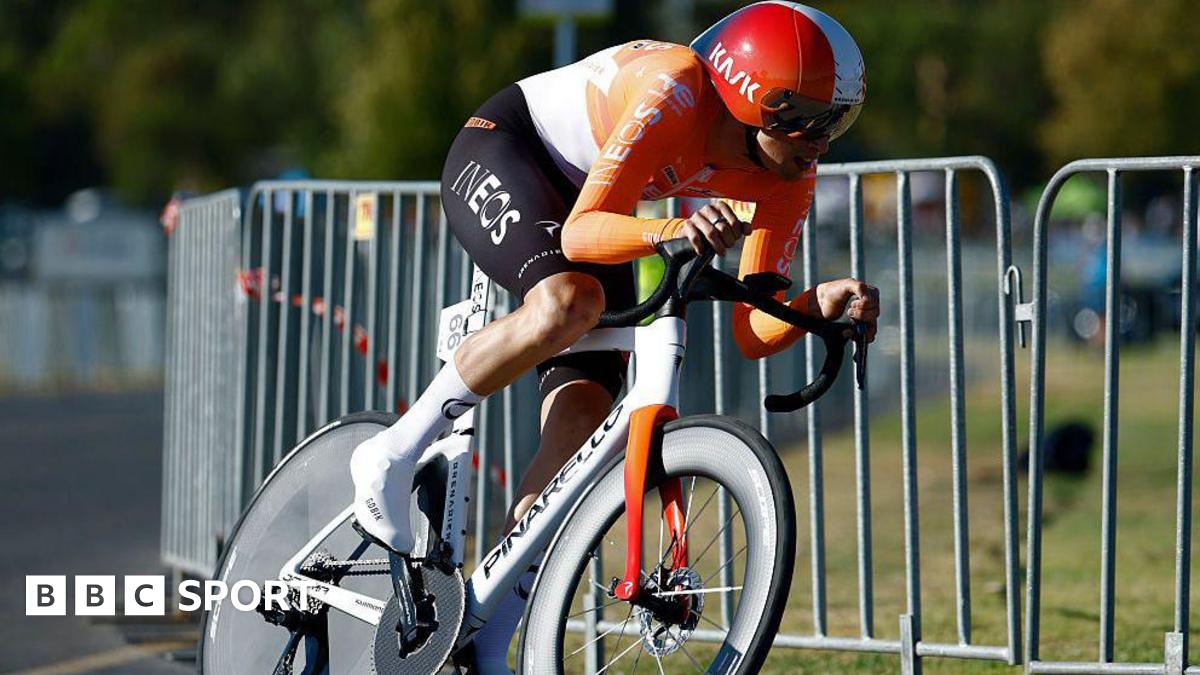Ex-British Cycling and Team Sky chief doctor Richard Freeman has been charged by UK Anti-Doping (Ukad) with two violations of anti-doping rules, the BBC has learned.
The medic is already fighting a General Medical Council allegation that he ordered banned testosterone in 2011 to help dope a rider.
The accusation is central to Freeman’s two-year fitness to practise tribunal, with final submissions completed at a hearing on Friday.
But the sport’s former top doctor has now been charged by Ukad with “possession of a prohibited substance” and “tampering or attempted tampering with any part of doping control”.
A charge of tampering would cover an attempt to subvert any aspect of doping control, including an investigation.
Freeman is understood to have contested part of the charges, and has requested a hearing.
The development is arguably the most serious twist to date in a saga that has cast a shadow over the reputation of Britain’s hugely successful track and road cycling teams.
Freeman has been accused by the GMC of ordering 30 sachets of Testogel to the national velodrome a decade ago “knowing or believing” the banned drug was intended to boost an athlete’s performance.
If found guilty by an independent national anti-doping panel, Freeman could face a four-year ban from sport.
He has admitted 18 of 22 charges against him, including initially lying to try to cover up the order, and misleading a Ukad investigation.
But Freeman denies the remaining four charges, including the accusation he helped to dope a rider, saying he was bullied into ordering the drug by former British Cycling and Team Sky performance director Shane Sutton to treat his erectile dysfunction.
Sutton has denied those claims, claiming Freeman is lying.
Summing up for Freeman last week, his barrister Mary O’Rourke QC said the GMC’s case was “all over the place”.
“You’ve got to beware red herrings. There are many of them in this case.”
In summing up the GMC’s case, Richard Jackson QC accused the doctor of “a careful campaign of self-preservation”.
A verdict is due on 2 March, before attention turns to the Ukad inquiry.
Freeman – who was simultaneously employed by British Cycling and Team Sky between 2009 and 2015 – has been at the centre of a number of controversies.
In 2017, Ukad closed a 14-month investigation into a ‘mystery’ medical package delivered for Sir Bradley Wiggins at the Criterium du Dauphine in 2011, having been unable to establish what the package contained.
Freeman insisted it had been a legal decongestant and denied any wrongdoing, despite allegations of the misuse of anti-inflammatory drug triamcinolone.
Wiggins was also granted therapeutic use exemption (TUEs) to take triamcinolone shortly before three major races – the 2011 Tour de France, his 2012 Tour win and the 2013 Giro d’Italia. However, Freeman – who applied for those TUEs on Wiggins’ behalf – said it was always within the rules.
Wiggins, British Cycling, and Team Sky (now Team Ineos) have always denied wrongdoing.
Freeman resigned from British Cycling in 2017, but two years later he was charged by the GMC over the 2011 delivery of testosterone to cycling’s national headquarters.
Under the statute of limitations Ukad had until May this year to charge Freeman.
Ukad declined to comment.



